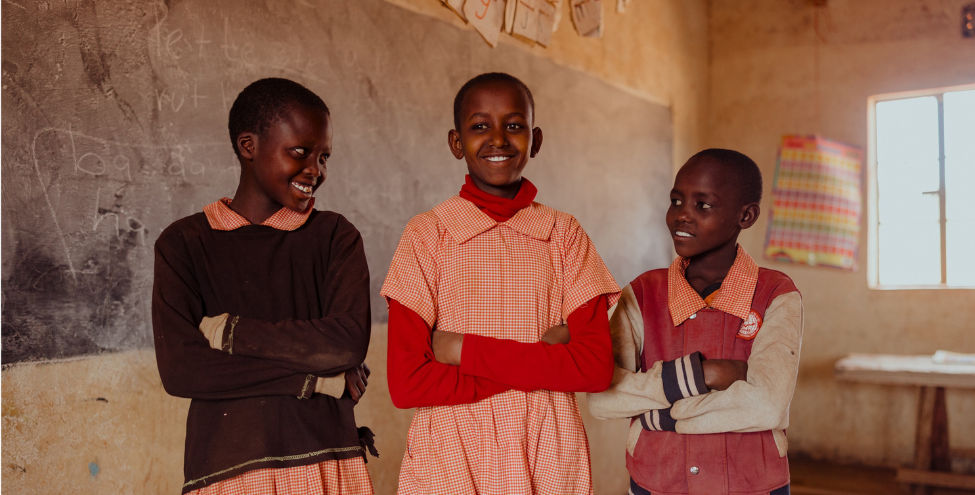J1263N Banyan ISA Global
Various





The Situation
Hundreds of millions of young people in the global south, particularly Africa, lack access to education that leads to employment. These are the future healthcare workers, engineers needed to address climate change, food insecurity, and health crises. Financial barriers lock them out.
Traditional approaches don't work. Student loans can create impossible debt. Scholarships can't scale. And finance alone is not a solution if the qualifications do not lead to employment. The poor bear the cost of broken systems.
Income sharing agreements (ISAs) solve this by aligning education with employment outcomes. Students pay nothing upfront and repay only a percent of income when earning a living wage. ISA providers like Chancen in Africa and Lumni in LATAM have transformed 30,000 lives over 20 years. They understand their communities, build culturally-relevant programs, and create lasting employment partnerships.
But these 30,000 employed graduates represent a tiny fraction of the millions who need education. The challenge? Every successful graduate locks up capital for 10-20 years. They have waiting lists of qualified students but no capital to serve them. They don't need foreign solutions—they need financial infrastructure, the kind that exists for mortgages and other assets.
The Objectives
Banyan Education serves these providers by purchasing graduate payment streams, unlocking capital to be redeployed to educate more students today. We're creating a system that amplifies local expertise and provides funding pathways for new providers to reach more places.
This enables individuals, philanthropists, and institutions to participate at different levels of risk, volatility, and liquidity. By building this infrastructure, we aim to unlock billions seeking to tackle poverty, climate, and health to unlock education and employment for millions by 2050.
We envision empowered local organizations transforming their own communities—helping local solutions achieve global scale.
J1263N



